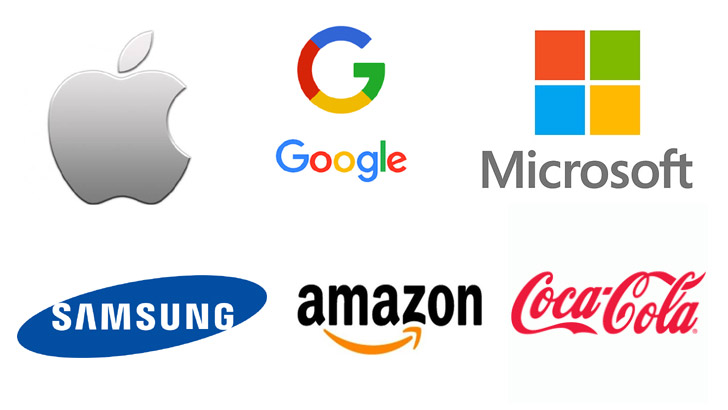Spring washers are the tiny pieces of hardware that remain unnoticed until there is the need to replace them. You may sometimes think why these washers are used in such a range of applications and how such small metal pieces make a difference. But this is what we are going to discuss in this article.
Washers are disc-shaped with a hole in the center and help in distributing a load of a threaded fastener, like a bolt or a nut. They are the washers that help secure the fasteners in place and prevent their loosening and corroding when a machine functions. The washers also act as spacers between a fastener and a mating surface to dampen the vibrations and prevent damage.
You may now have understood the importance of washers. There are different types of washers available in the market, but the category that has made it to the top is Spring Washers.
Spring washers, also go by the name disc springs, are specific types of washers that are used in a range of applications for several purposes. They aid in eliminating rattle or sounds, maintaining the expansion and contraction of materials, dampening the vibrations, and regulating the tension in the assembly.
The category of spring washers include the following:
- Crescents: These washers are utilized in assemblies that require additional flexibility and frequent load cycling. The crescent spring washers are specifically designed for lighter loads and cannot withstand heavy loads effectively. With these washers, you can produce a small deflection at a uniform rate.
- Belleville and Conical: These hardware pieces give their best application in assemblies used in conditions like thermal expansion and detraction. They also help in reducing problems related to vibrations and rattling. Even with the minimum load deflection, these washers can effectively support heavy loads. The Belleville washers are mainly used in high-tension assemblies and under the bolts.
- Wave: These washers are commonly used as spacers or cushions. They support moderate load capacity, along with having a moderate deflection range. The washers have a flat surface that reduces abrasion during assembly. There are multiple ways in which the washers can be placed based on the design of the assembly.
- Curved and Bowed: The curved and bowed spring washers are known for their higher deflection rate. They have a round curve that makes them ideal for assemblies with axial play take-up.
- Finger: Finger washers, as the name suggests, have projecting flanges that help in reducing the noise and vibration a machine or equipment produces while functioning.
These are the different types of spring washers that can bring high-level efficiency in the production unit and ensure the safe and efficient operation of your machines and other equipment.
Tips for the Maintenance of Spring Washers
The washers can be made from diverse materials and depending on what have different maintenance requirements. Although steel is one of the most used metals to manufacture spring washers, it provides them with much-needed durability and strength. Other metals used to make these washers are copper alloy, Nickel chrome, and steel nickel alloy.
To ensure that the washers remain intact and give their perfect functioning for a long-lasting time, here are a few maintenance tips you can use:
- Phosphate coating: By applying a layer of zinc phosphate coating and a layer of corrosion-resistant oil, you can prevent rusting and add more years to the performing life of washers.
- Metallic coating: Another method to prevent the washers from corrosion is metallic coating. You can go for adding a metallic coating of zinc, nickel, and cadmium. These coatings will provide a great level of resistance to corrosion.
- Metal spray: Metal sprays are counted among the best methods to maintain the performance of washers for a longer time. It can also be used for large springs.
- Chemical plating: Chemical plating is a process in which steel products like washers are coated with an alloy of nickel and phosphor. With this type of coating, you can provide excellent corrosion resistance to spring washers.
- Electroplating: Electroplating is another method that you can utilize to prevent corrosion of steel products.
These are some of the best ways you can use to keep your washers intact for a longer time and ensure your manufacturing assemblies’ safe and efficient operation. sprunki horror Endless Fun Awaits!



